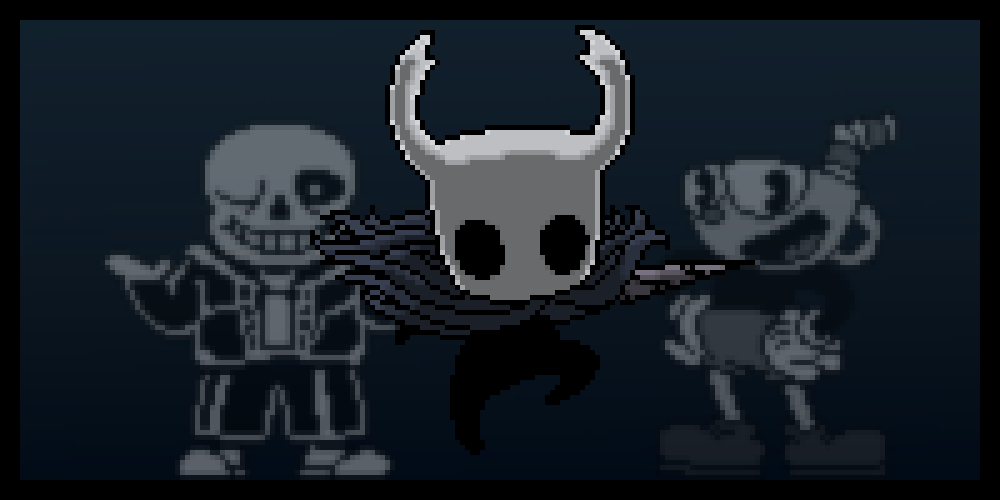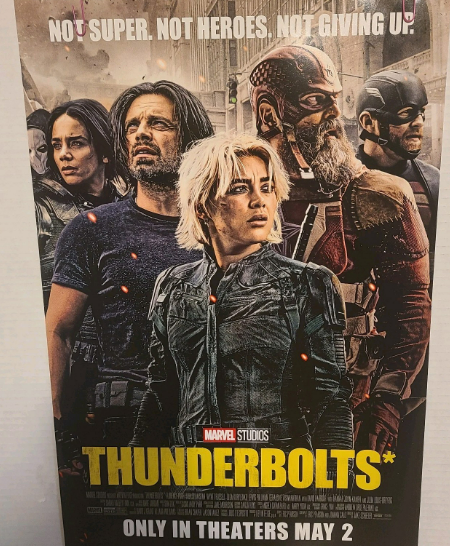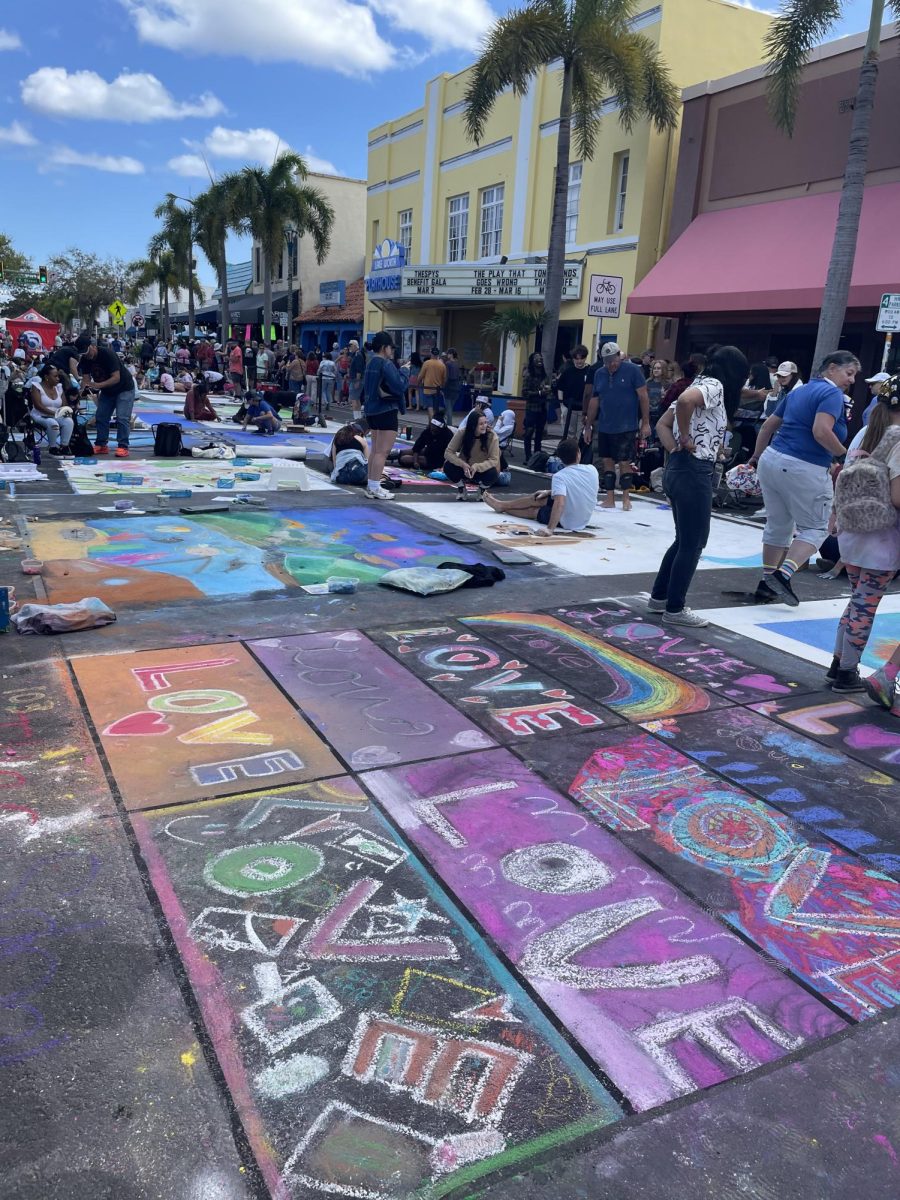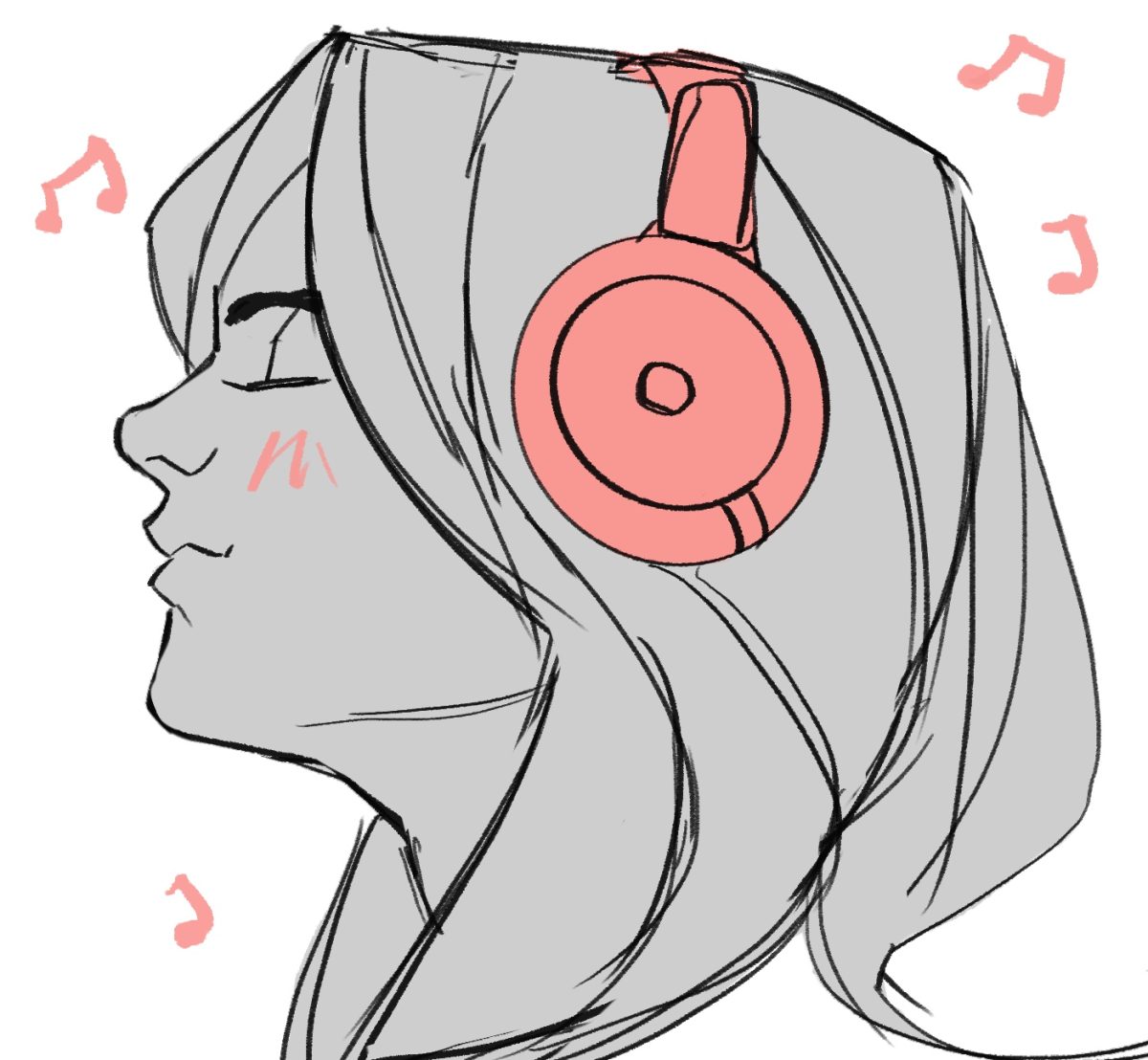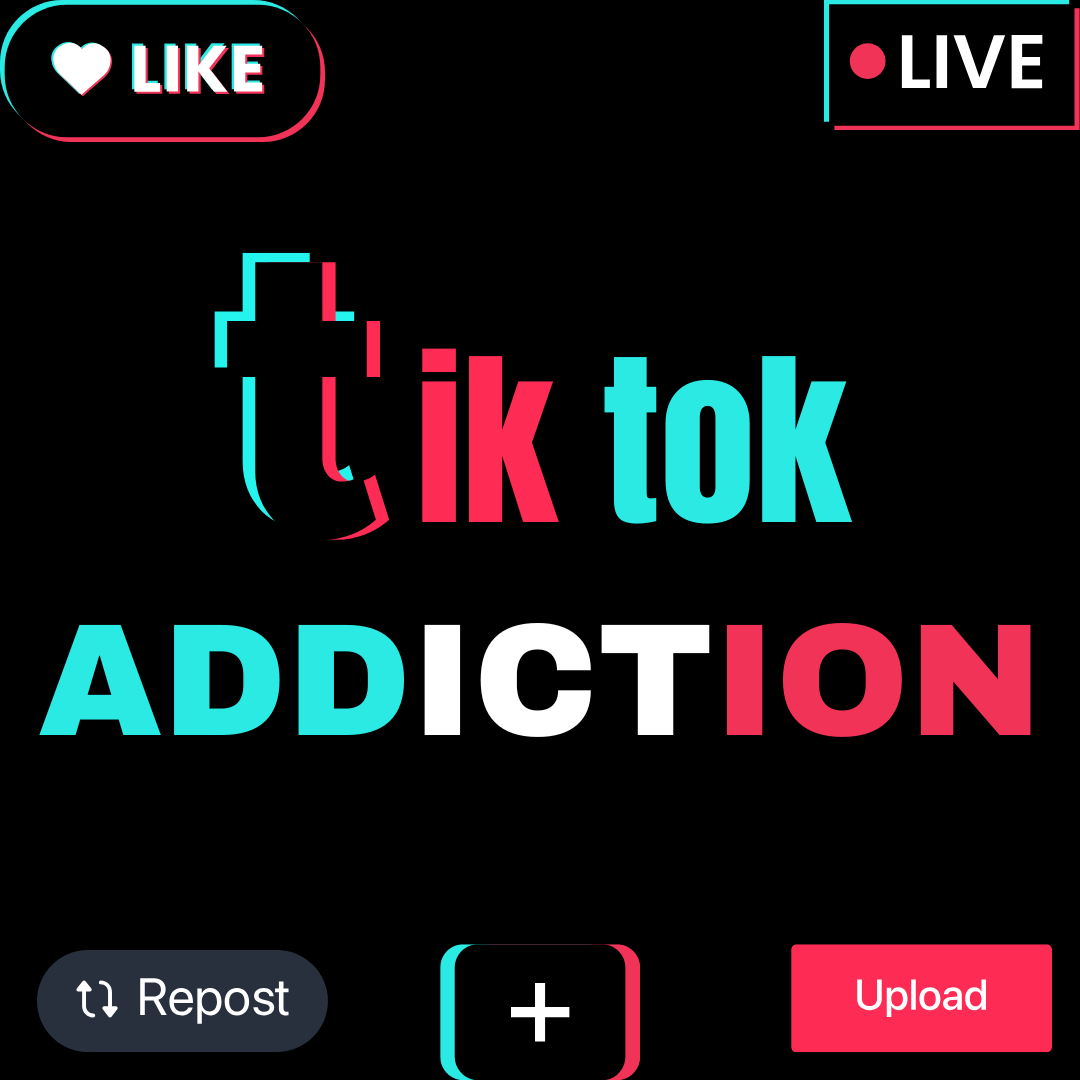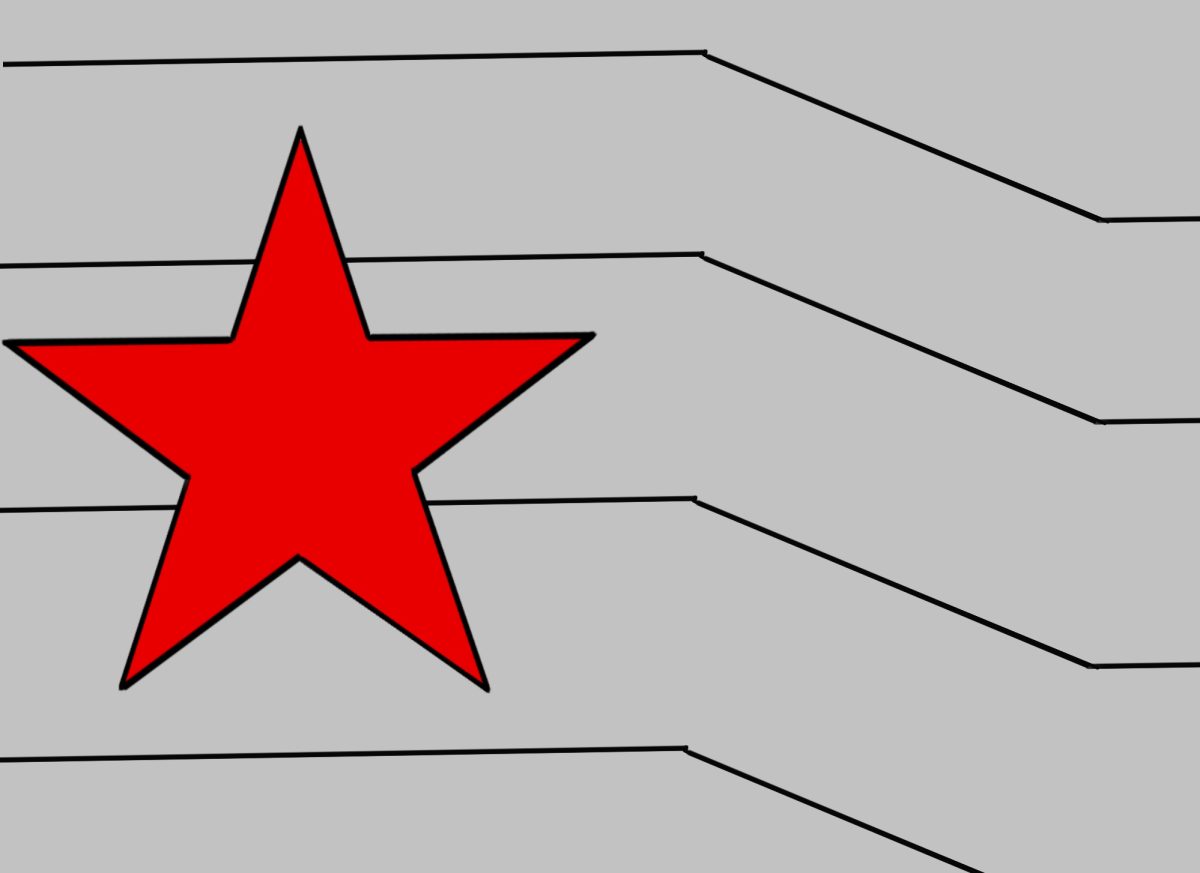This week, Microsoft is continuing another year of success since its purchase of Minecraft, announcing yet another update for Minecraft Live. In addition, the popular indie game Dead Cells got nominated at the Golden Joystick Awards for its recent expansion, Return to Castlevania. While this is a huge accomplishment for everyone involved, very few care or understand why this is so important. Indie (independent) games are any game projects produced by everyday people instead of corporations. This can range anywhere from one or two people making a game like UNDERTALE to teams of over 50 people, like Moon Studios, the creator of the Ori series.
Until the late 2000s, the video game industry was dominated by the likes of AAA companies (namely Nintendo, SEGA, Sony, Microsoft, etc.) making their own consoles, games, and even franchises like Mario, Sonic, and Halo. That started to change with the public release of games such as Super Meat Boy and Minecraft (among others). This was huge, as it showed with enough dedication, you could make the games you’d like to, skipping any processes and restrictions that corporations would impose on your creativity. This led to smaller passion projects blowing up, like Ori and the Blind Forest and Toby Fox’s UNDERTALE.
Indie games just kept showing up and earning massive achievements like spots on Xbox’s Game Pass, Game Awards nominations, and paid DLC (downloadable content) for Super Smash Bros. Ultimate. Some even consider indie releases to beat the giants like Xbox and PlayStation quality-wise. That’s also not helped by big corporations overworking the developers, leading to game-breaking glitches and shattering confidence in those companies.
Since indie games are made by a group of dedicated developers running themselves, rather than companies putting sales above anything, they’re free to do their own thing, no matter the genre. For example, the Metroidvania genre was on a decline in the 2000s after its rise in popularity from Super Metroid and Castlevania: Symphony of the Night. However, indie games like Guacamelee, Ori and the Blind Forest, and Hollow Knight brought it back.
In 2021, the fifth Metroid game, Dread, was released after 16 years of silence from Nintendo. Back in 2010, Metroid Dread was only rumored to exist after IGN interviewed producer Yoshio Sakamoto, and Sakamoto said, “What we’re doing right now, we’re waiting and watching and reading the comments to see what people are interested in before we make any comment on the project.” Needless to say, the rise of popularity caused by those indies was most likely a reason why Nintendo finally brought it back after over a decade.
While that example was one of great success, it’s certainly not the only one among current indies—and with recent releases and upcoming games gaining massive hype, it’ll continue far into the future. Independents as a whole, not just in video games, have led to change in what the masses want and how they view more powerful entities in their spheres. It’s important to remember that these people were like you and me before any success, and they inspire everyone to pursue their dreams the best they can.


